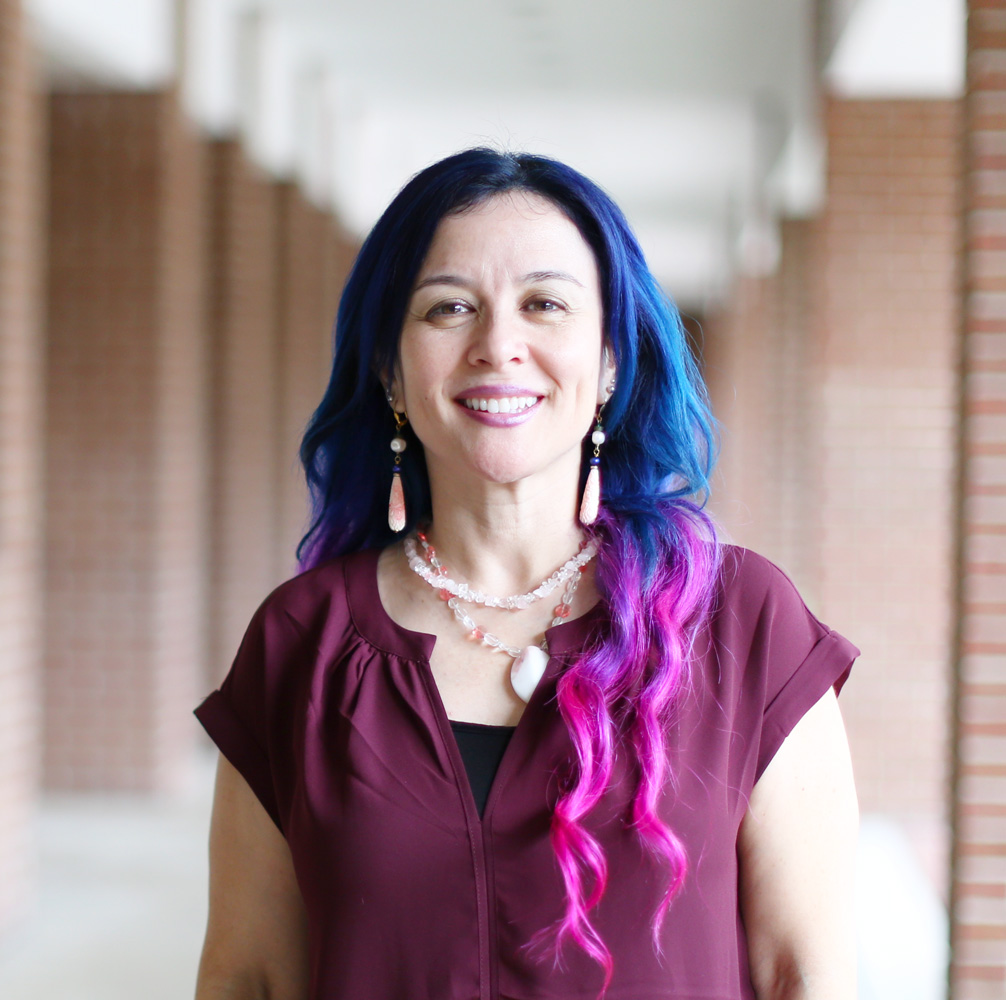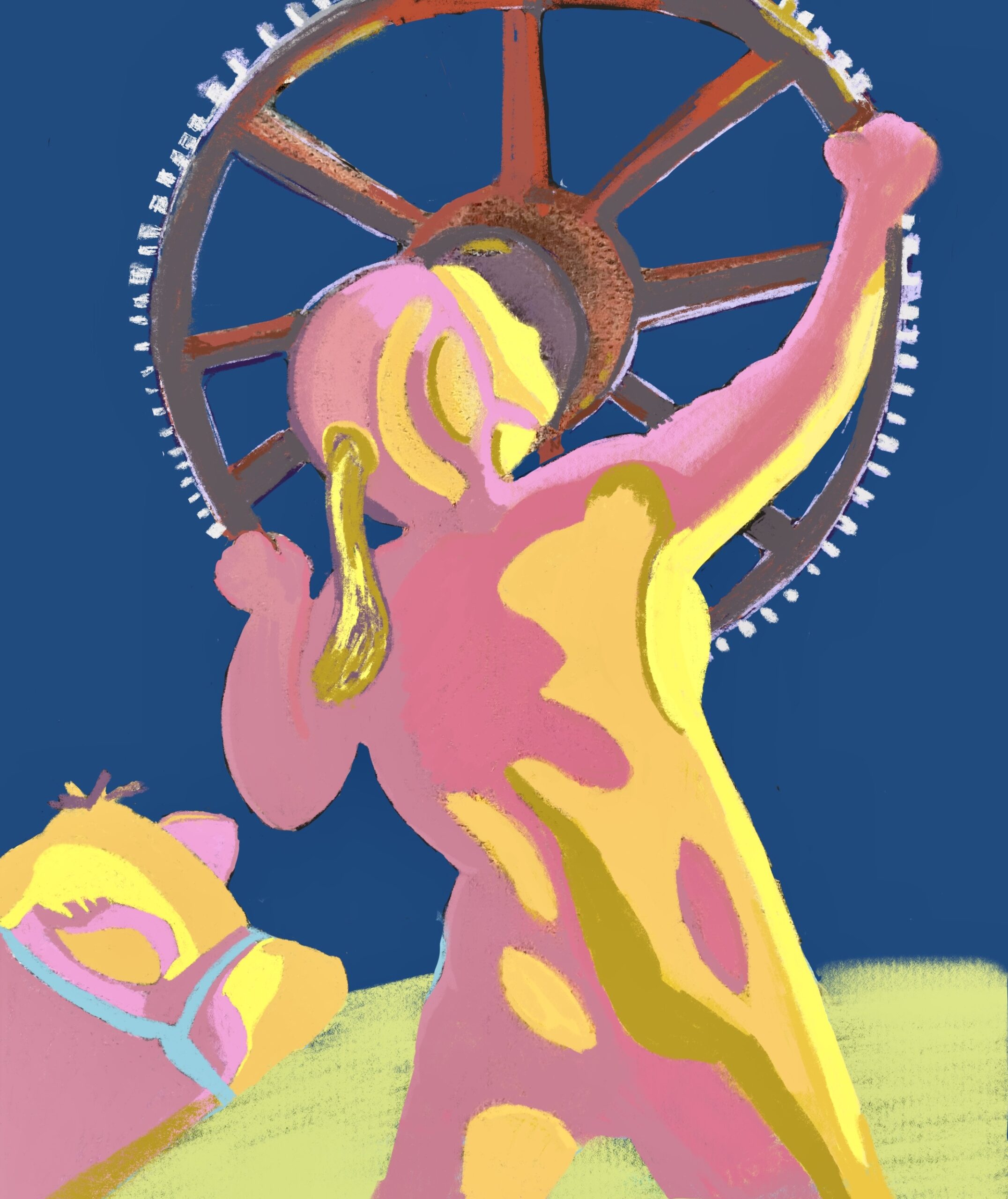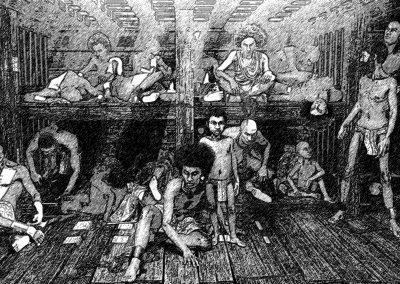Yovanna Pineda
Spectacular Bodies: Aesthetics of Labor and the Future of Work in Argentina examines the aesthetics of labor and farm technology in rural Argentina during the twentieth and early twenty-first centuries. Drawing on fieldwork from Buenos Aires and Santa Fe rural regions, oral and life histories, material culture, archival material, and digital media, I demonstrate how factory owners and workers in rural regions shaped concepts of “freedom and work,” developing a community’s work values and demonstrating an optimistic vision of the future of work. This aesthetic seemingly diffuses and integrates with other broader social and labor movements in Argentina. Subjects’ memories of farm machinery, factory lifework, and the embodied experience of making, using, and repairing farm machinery reveal workers’ lived experiences and the cultural processes of developing identity, values, and history.




